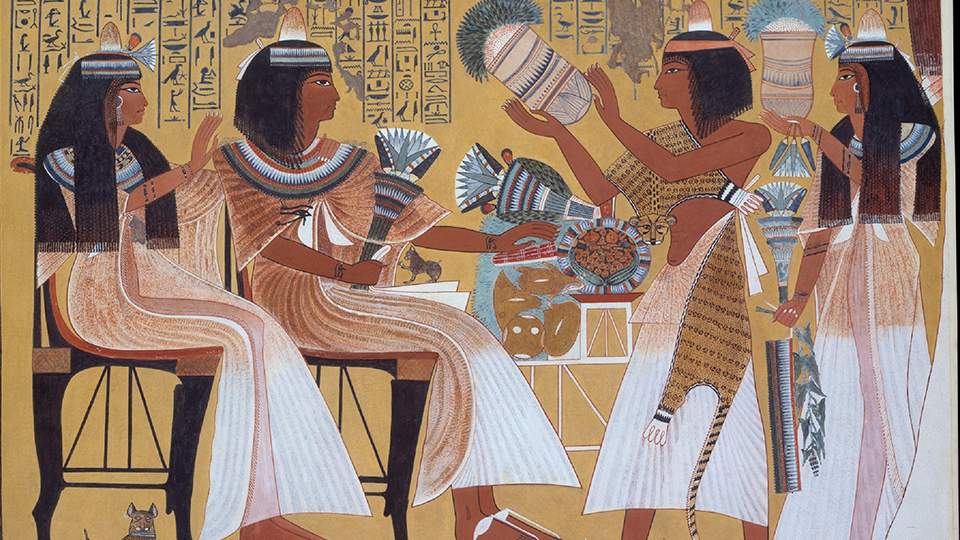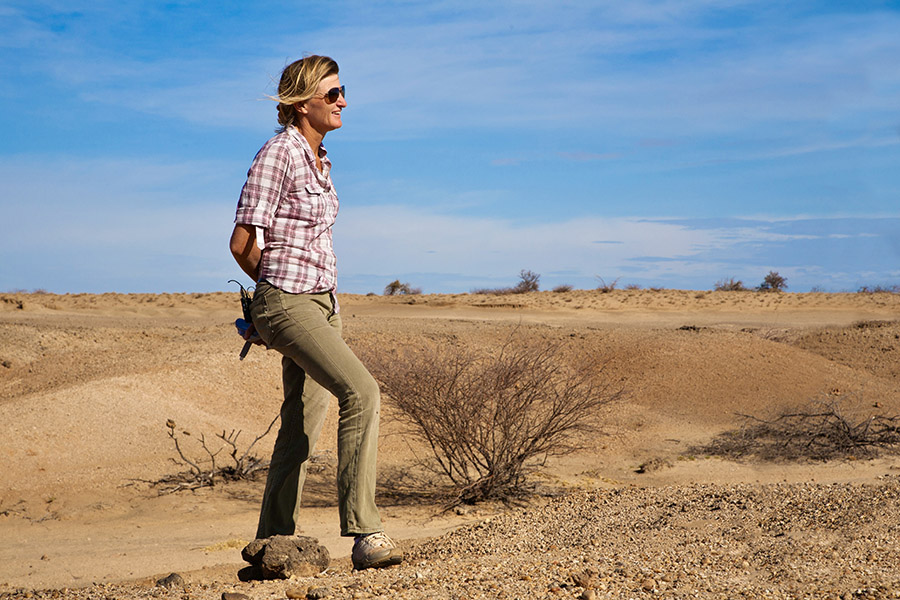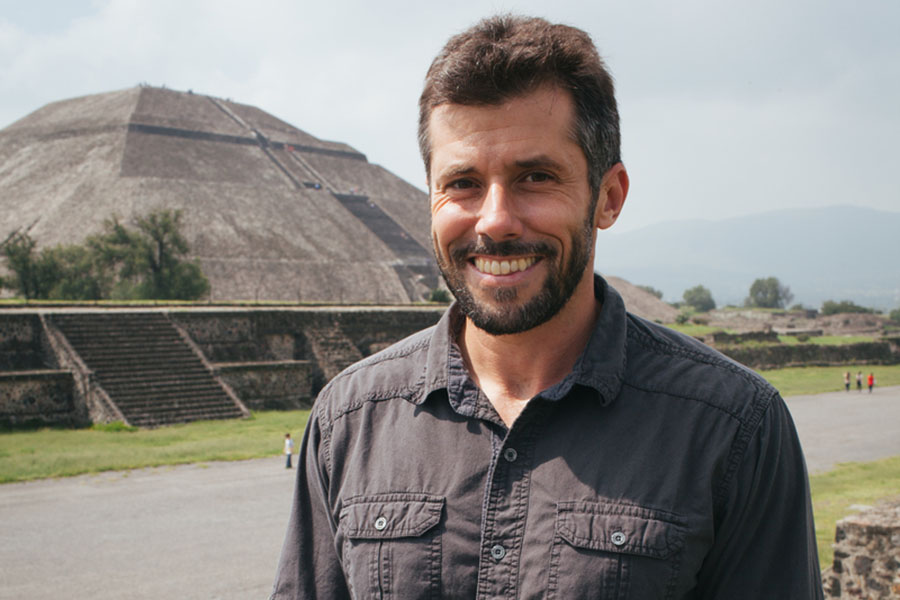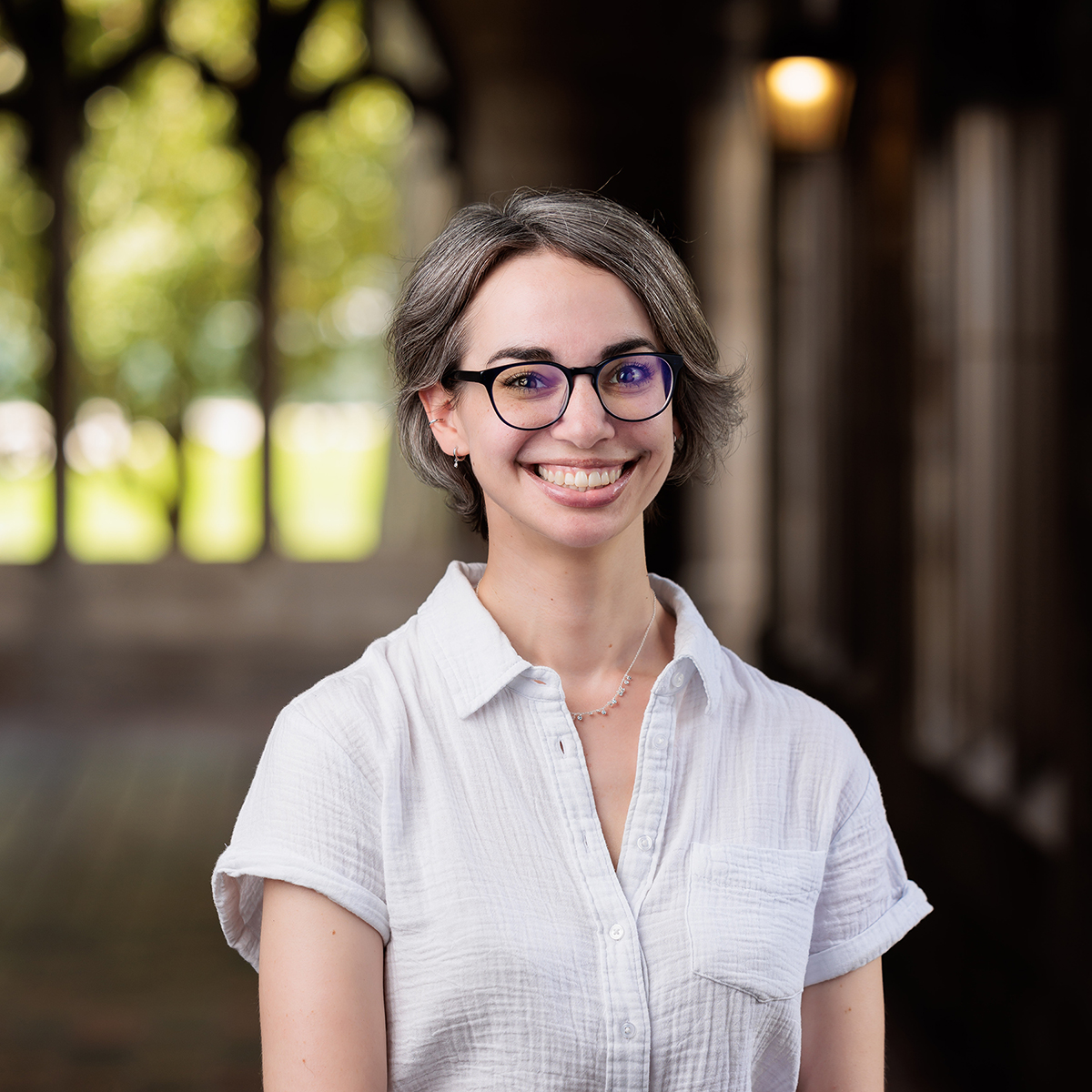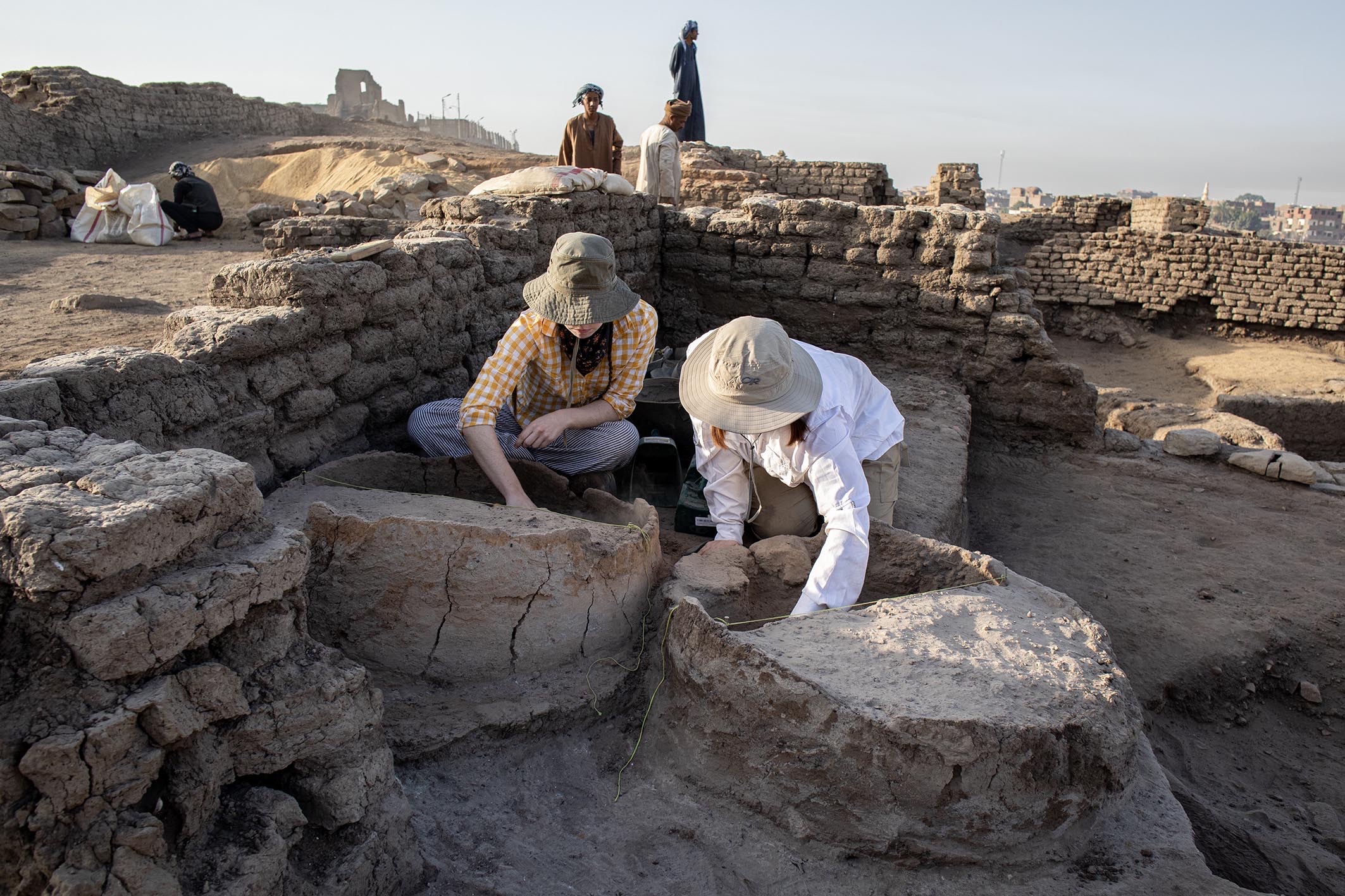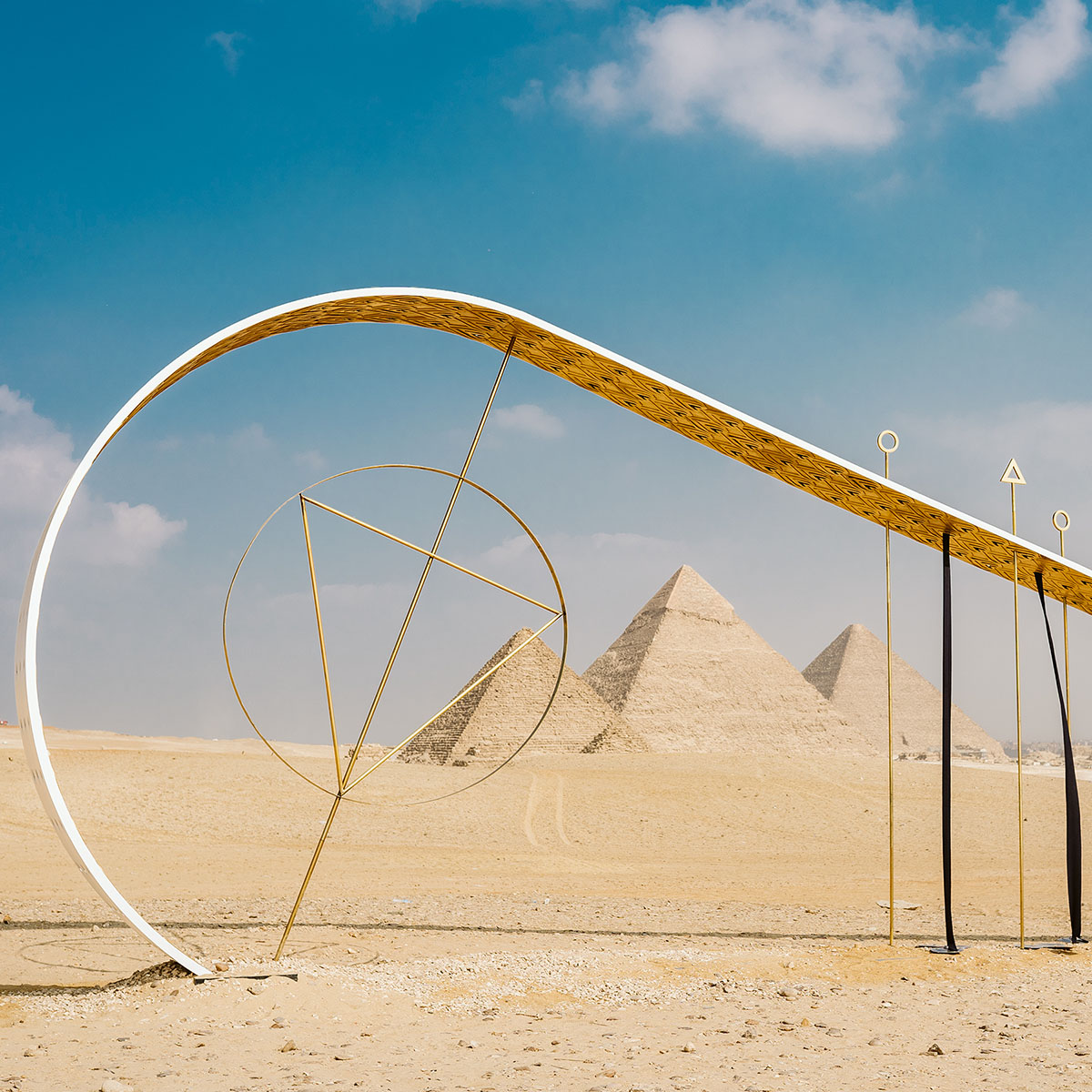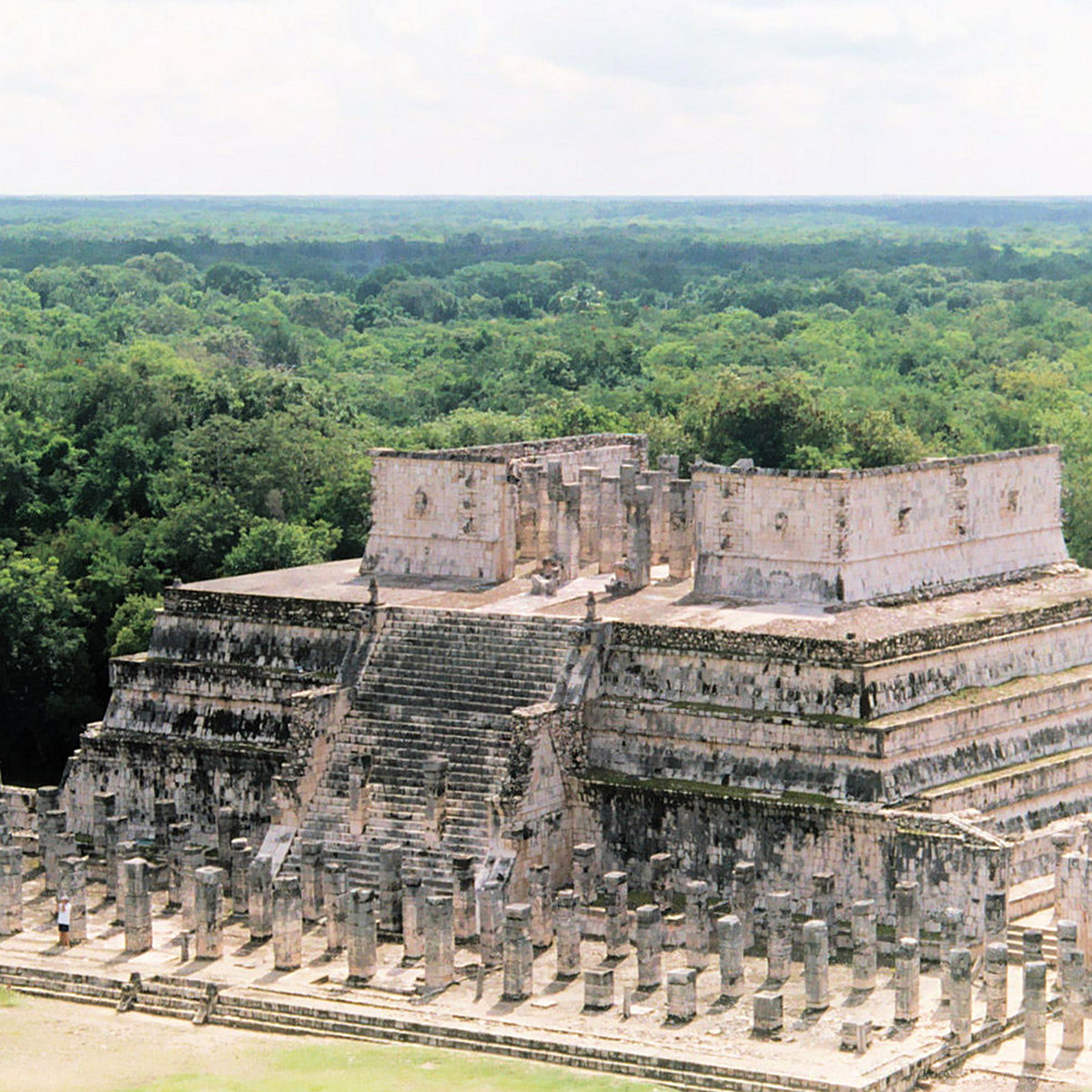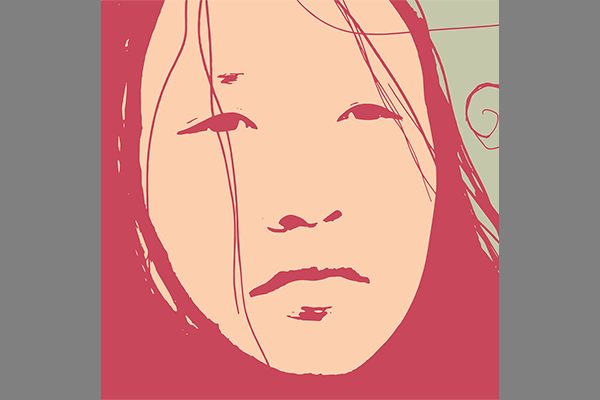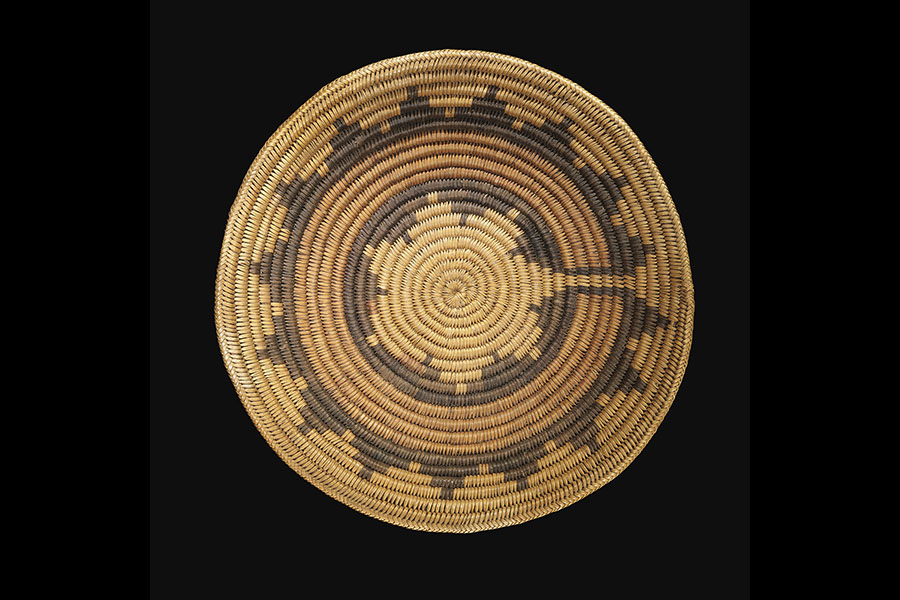The Daily Lives of Ancient Egyptian Artists
Geological Lecture Hall 24 Oxford Street, Cambridge, MA, United StatesHana Navratilova, Fellow, Royal Historical Society, UK; Supernumerary Fellow, University of Oxford, Harris Manchester College Jaroslav Černý (1898–1970) was a distinguished Egyptologist known for his groundbreaking work on the social and cultural history of ancient Egypt, particularly the community of artisans at Deir el-Medina, a village near the Valley of the Kings. His research on […]
